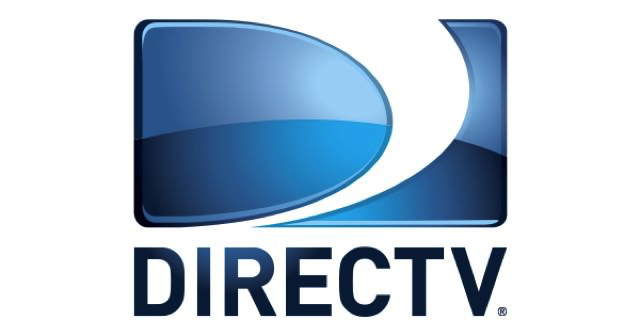For several years now DirecTV (now owned by AT&T) has been the focus of a series of lawsuits focused on the NFL’s Sunday Ticket exclusive arrangement. More specifically, the lawsuits have claimed that the exclusive arrangement violates antitrust law, resulting in a monopoly that charges often absurd prices to small businesses. Sports bars in particular have to shell out payments of up to $122,895 per year for NFL Sunday Ticket, while those same bars pay significantly less for Major League Baseball’s comparable offering.
But a new lawsuit filed against DirecTV this week accuses the company of something notably different. Doneyda Perez, owner of Oneida’s Beauty and Barber Salon in Garden Grove, has filed a RICO class action against DirecTV for intentionally selling businesses residential-class TV service, then hitting these customers with penalties of up to $15,000 several years later for failing to subscribe to business-class service. There’s a lot to go through in this case, but before we start, it’s at least worth pointing out that RICO class action cases are almost always ridiculous — even if there does appear to be questionable behavior here.
Since at least 2013 customers have complained that DirecTV salesmen and installers visit what they clearly see are businesses, sell them residential TV service, and don’t even mention that DirecTV offers anything else. Then, a few years later, “investigators” employed by DirecTV show up snooping around, without making it particularly clear who they are or what they’re doing. This was documented in a different 2013 Dallas Morning News Story about the same practice:
“The man sitting at the counter at Zeke’s Kitchen restaurant in Garland is acting suspicious. He doesn’t want any food but takes a glass of water. He says he’s waiting on a friend, but no one shows up. He asks that the channel be changed on the restaurant TV. Then the man steps outside and begins taking pictures of the restaurant. When owner Brandon “Zeke” Roberson asks him what he’s doing, the man runs off. Roberson’s wife, Julie, thinks it’s suspicious enough that she makes a note of it on the restaurant office’s calendar: “Very strange acting man. Ran off when Brandon asked why he was taking pictures outside.”
Only later do the businesses realize that the investigator works for DirecTV, which then demands huge payments for unpaid back bills from what are often small and struggling companies:
“The man is a fraud investigator for DirecTV, sent to find out if the Robersons are TV signal thieves. Did they sign up for a residential TV account but use it at their commercial establishment? In June, DirecTV cuts off the restaurant’s service. Then DirecTV’s collection lawyers notify the Robersons that they owe $15,000 in back bills. It’s the darkest day in the restaurant’s history. So much so that the couple have to close the place to catch their breath.”
Their lawyers dig in only to find this is a pretty common occurrence nationwide, citing “hundreds” of similar occurrences — something seemingly supported by this latest class action. While it’s possible that poorly trained subcontracted installers are playing a role in not adequately informing businesses of their options (one installer admits as much), DirecTV consistently decides to pursue massive penalties anyway. And AT&T, which bought DirecTV for $69 billion last year, isn’t exactly trying hard to make things right, informing the media this week that this is just an issue of “basic fairness”:
“This is a matter of basic fairness for all of our customers,” AT&T said to FierceCable in a statement. “Businesses that are not paying commercial rates for programming are taking unfair advantage of neighboring businesses that do. We are confident these claims will be rejected.”
So yes, it’s just “basic fairness” to sell a business one class of service, then turn around and demand they need to shell out $15,000 because your salespeople and installers are at worst part of a plan to defraud paying consumers, and at best clueless about the product they’re selling.
Source: www.techdirt.com





Be the first to comment on "DirecTV Faces RICO Class Action for Bungling Business Installs, Then Demanding $15,000 for Theft of Service"